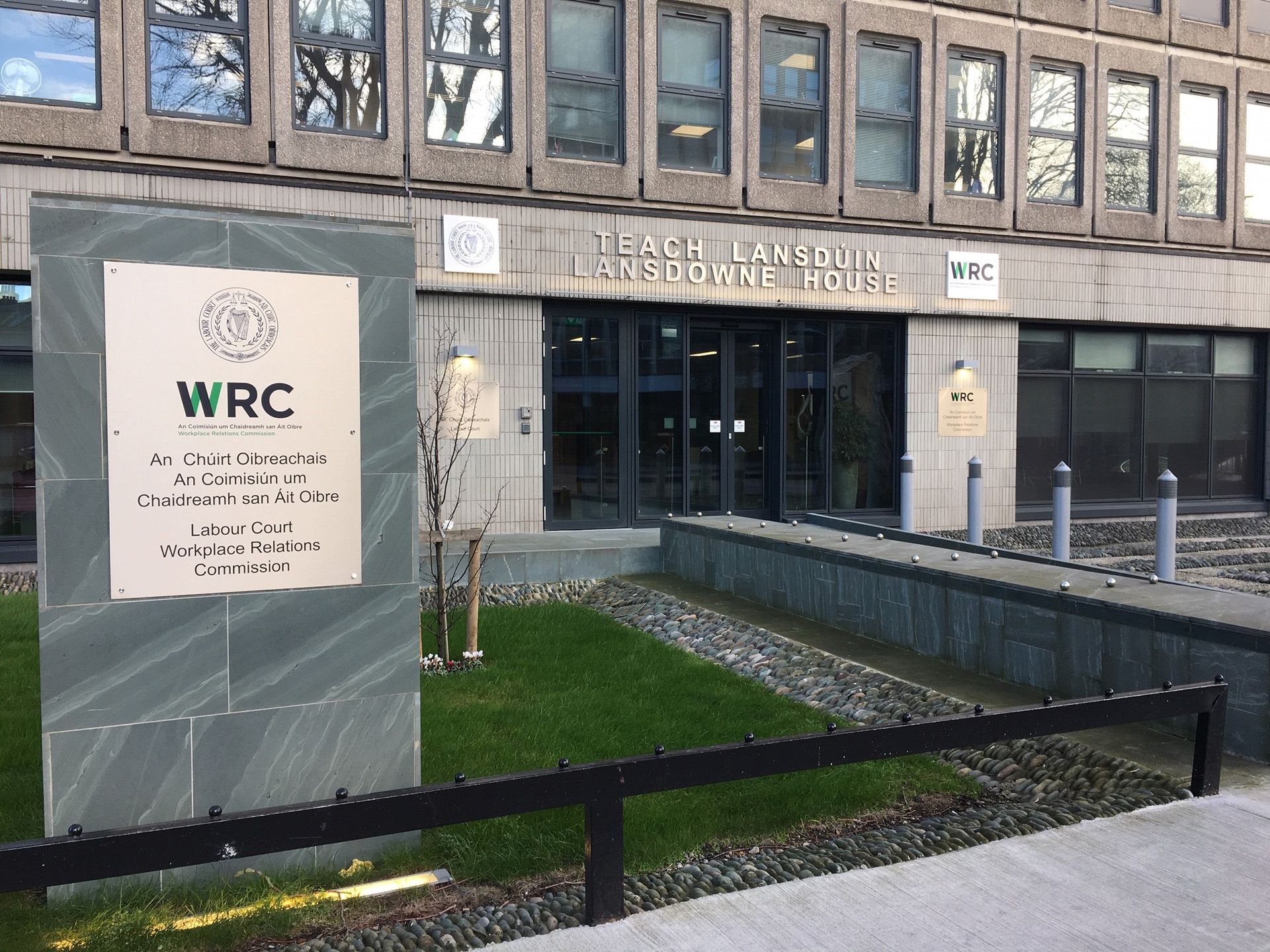Workplace Relations Commission (WRC)
It is possible that employees, if disgruntled, could choose to exercise their rights to seek redress for any work-related issues or grievances from numerous independent third parties, including the Workplace Relations Commission (WRC), the Labour Court, Conciliation services, their trade union, the Social Welfare Tribunal, as well as both the High Court and the Circuit Court.
Any employer facing such a potentially adversarial situation needs to be fully prepared and professionally represented in order to minimise their exposure. Failure to do so can result in unnecessary penalties and other costs being levied against them.
As experts in Irish Employment Law, MSS have many years of experience representing employer clients in all matters concerning workplace relations.
Want to discuss workplace relations further? Give us a call.

Workplace Investigations
A workplace HR investigation is defined as "an independent and impartial investigation into a problem in the workplace by someone that has not been involved in the matter before."
At MSS, our highly trained and experienced HR specialists will conduct workplace investigations on your behalf with integrity and impartiality. Once our investigation is complete, we report our findings directly to you.
When Should an Organisation Conduct an Independent Workplace Investigation?
There are several instances that necessitate thorough HR workplace investigations. They include:
- Bullying, Harassment, or Sexual Harassment: Workplace investigations often address concerns related to bullying and harassment, emphasising the need for clear policies and proactive management.
- Complaints Against a Staff Member: Disciplinary issues are a common focus of workplace investigations, highlighting the importance of addressing complaints promptly and fairly.
- Grievances from a Staff Member Concerning Themselves: Employees frequently raise grievances about their treatment or working conditions, reinforcing the need for effective resolution processes. Effectively resolving grievances is vital for maintaining a harmonious work environment.
- Unclear Incidents Investigations are essential to determine underlying causes and appropriate actions especially when the basis for an incident isn't clear.
- Disciplinary Investigations: Addressing violations of company policies or codes of conduct is crucial to maintaining workplace standards.
Why Work with an External Expert on Your HR Investigations?
While some businesses may decide to handle investigations internally, there are certain benefits to engaging external experts:
- Impartiality: External investigators provide an unbiased perspective, ensuring that findings are based solely on facts.
- Expertise: Specialised investigators bring a wealth of experience in handling complex cases, ensuring thorough and efficient processes.
- Resource Allocation: Utilising external resources allows internal teams to focus on their primary responsibilities, thereby minimising disruptions.
- Preserving Workplace Relationships: Having an external expert conduct the investigation prevents internal managers from being placed in difficult positions, helping to maintain trust and positive working relationships with employees.
Considering mediation as an outcome of, or instead of, an investigation process can also be beneficial. Mediation offers a collaborative and less adversarial approach to resolving workplace conflicts, potentially leading to more amicable outcomes and preserving professional relationships.
At MSS, we are committed to assisting you to navigate these complex situations with professionalism and care. Our team ensures that all investigations are conducted thoroughly, impartially, and in a timely manner, and are aligned with best practices to uphold the integrity of your workplace.
If you wish to discuss HR investigations further or seek assistance with a specific concern, please don't hesitate to contact us.
Get In Touch with Us About Workplace Relations
Workplace Relations Form
Take Our Free Online HR Health Check




